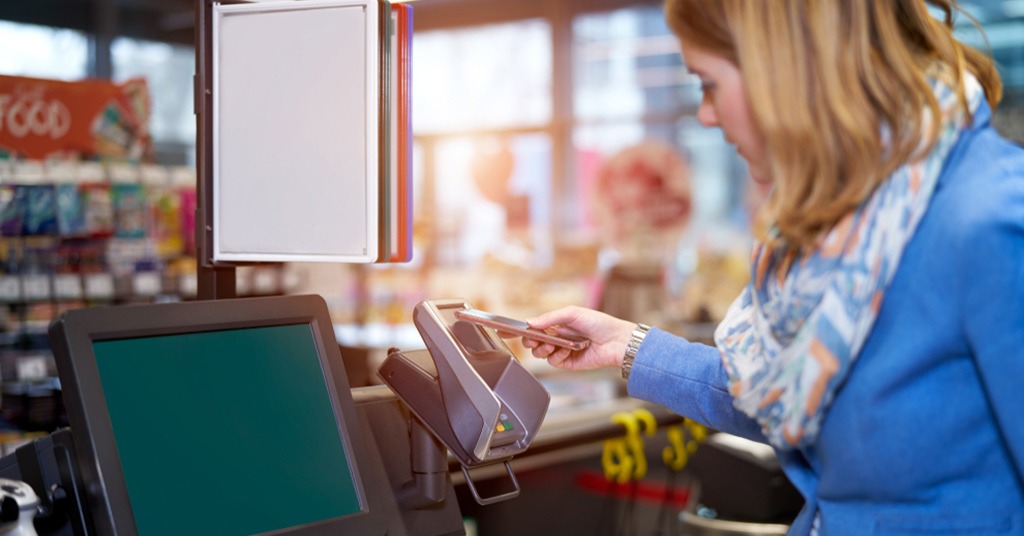Smart checkout technologies provide easier user experiences by removing traditional checkouts

Technologies critical to retail competitiveness revealed. Source: shutterstock.com
Juniper Research has found that smart checkout systems and chatbots will play a key role in ensuring that retailers deliver a compelling omnichannel experience.
The research states that the drive for efficiency will lead to investments of over $23 billion by retailers in AI by 2025, up from just over $5 billion in 2020.
Besides, the value of transactions processed by smart checkout technologies will reach $387 billion in 2025, compared to just $2 billion this year.
The report found that, while the growth in adoption, innovation will be limited to the convenience segment, where product lines are simpler and implementation costs are lower. These roll-outs will also be limited to larger retail chains that can afford the significant investment costs involved.
The study also highlights that the use of RFID for tracking is essential to enabling analytics use within the retail supply chain.
This need for standardized data for analysis will enable RFID’s deployment. RFID shipments for retail are expected to grow to over 32 billion in 2025, from 9 billion in 2020.
We’ve reported that 58% of European checkouts have at least 3 basic errors, which could complicate the checkout process for shoppers.
SEE ALSO:









